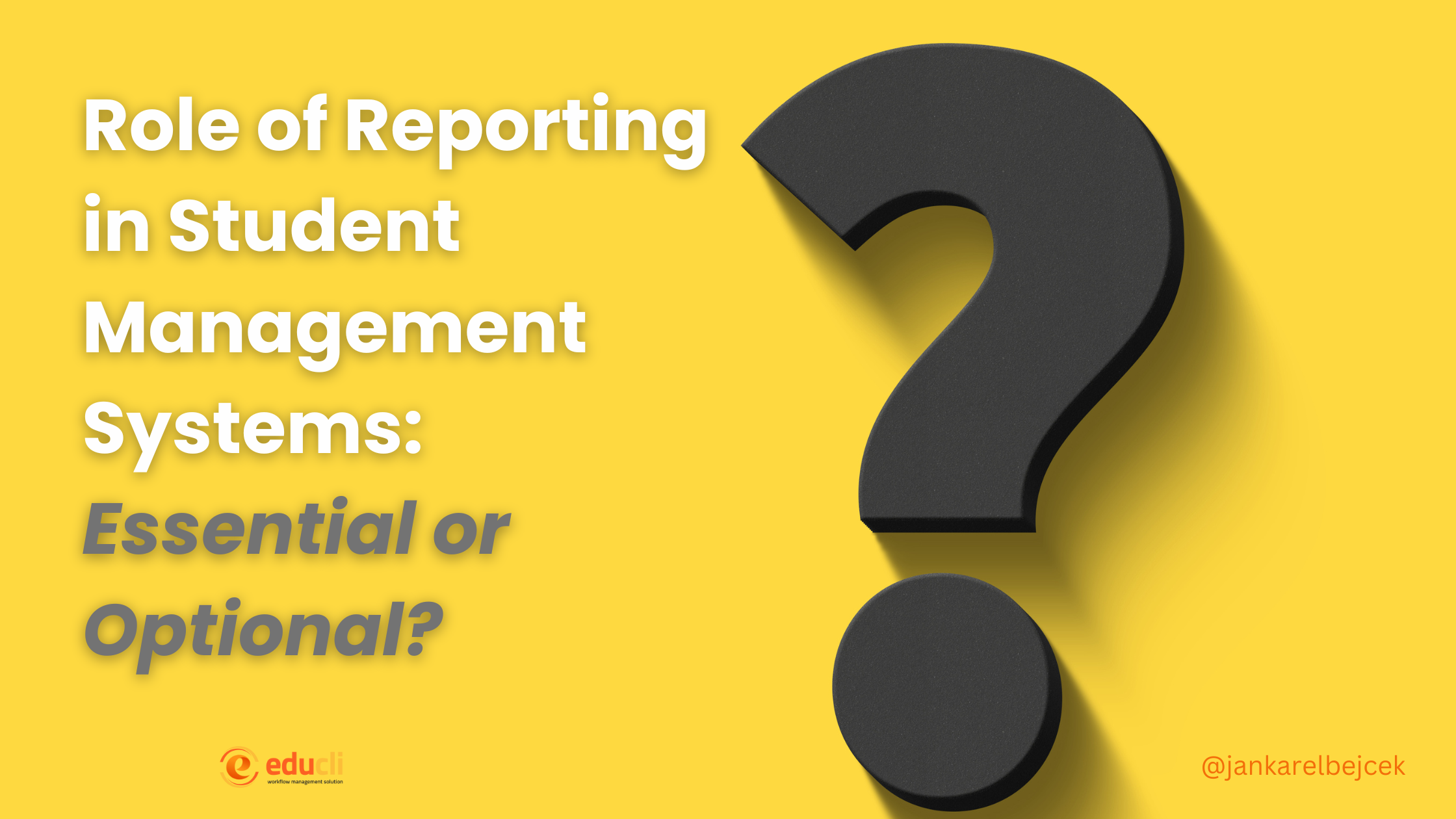I had an eye-opening conversation with a potential client who showed significant interest in our student management system. They seemed to fit perfectly into the profile of a company we’d love to collaborate with—forward-thinking and committed to student success. However, the meeting hit an unexpected roadblock: they expressed reluctance to maintain records of student work, submission times, or communications such as letters. Essentially, they resisted the idea of reporting altogether.
This was surprising for two reasons:
- Business Reporting: In any organisation, data-driven decisions are vital. Reporting on key metrics, such as student progress and engagement, provides insights that help improve operations, allocate resources effectively, and ultimately, drive success. Without records, how does one measure success or identify areas for improvement?
- Compliance Reporting: In regulated industries like education, compliance isn’t optional—it’s a necessity. Maintaining records of student activities, submissions, and communications is often a legal requirement, ensuring transparency and accountability. For education providers, non-compliance can result in penalties, loss of accreditation, or even business closure.
Should Reporting Be Essential in a Student Management System?
Absolutely. Reporting is the backbone of an effective student management system. Here’s why:
- Accountability: Reporting ensures that every stakeholder—students, educators, and administrators—remains accountable. For students, it sets clear expectations. For educators, it highlights teaching effectiveness. For administrators, it ensures institutional goals are being met.
- Improved Outcomes: Regular reports allow for timely interventions. If a student struggles with meeting deadlines or engaging with content, early identification through reporting can enable support before the situation escalates.
- Transparency and Trust: Reporting creates a clear, auditable trail. This transparency builds trust with students, parents, and regulatory bodies. It also protects institutions in disputes or compliance reviews.
- Regulatory Compliance: For institutions operating in regions with strict education standards (such as those governed by the National Code, ELICOS standards, or similar frameworks), reporting isn’t optional—it’s mandatory.
Balancing Privacy Concerns
One argument I sometimes hear is that reporting might feel intrusive or excessive. But here’s the thing: reporting doesn’t mean micromanaging. A good system allows for secure, ethical data collection and usage while respecting privacy. Reporting should empower institutions, not overwhelm them.
Final Thoughts
The reluctance to embrace reporting in a student management system is both surprising and concerning. Reporting isn’t just a feature; it’s a lifeline for better outcomes, accountability, and compliance. For any education provider striving to maintain credibility and grow, a robust reporting system is non-negotiable.
What do you think? Is reporting in student management systems essential, or should it be an optional feature? I’d love to hear your take.
#EdTech #Educli #EdTechSolutions #StudentRecords #AccountabilityInEducation #BusinessGrowth #EffectiveManagement #StudentManagement #DataTransparency





Leave A Comment